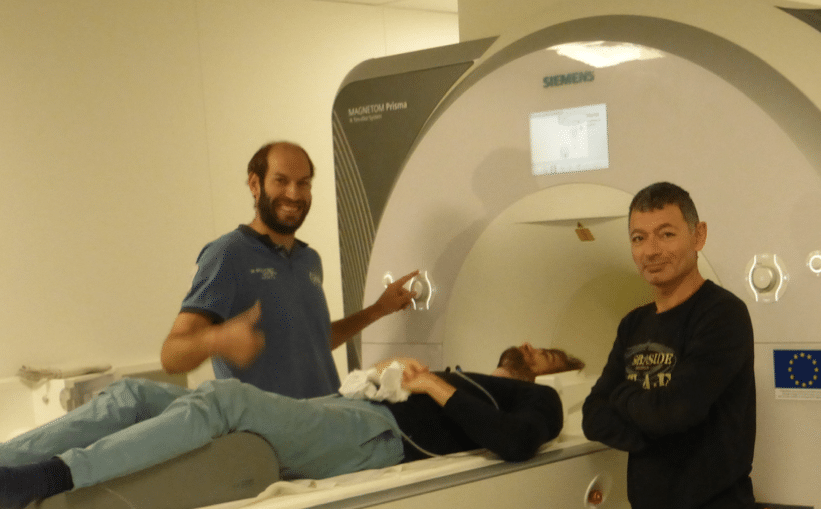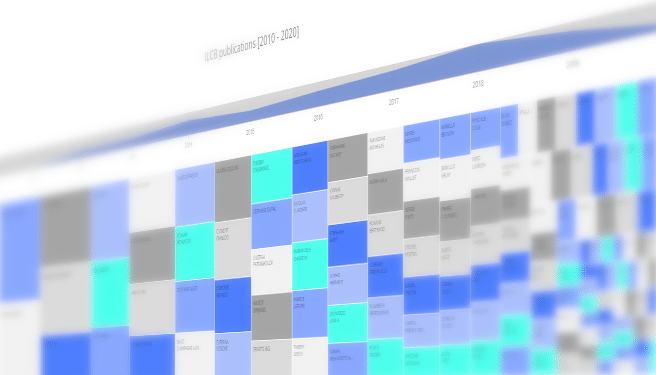
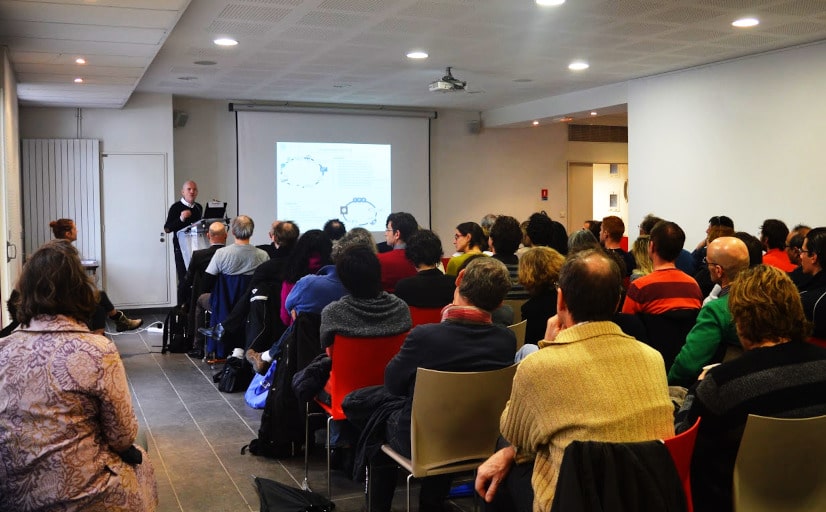
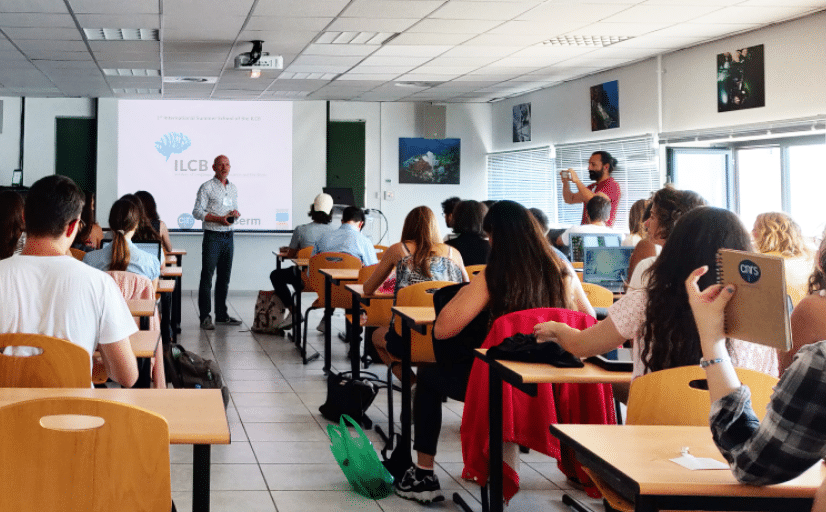
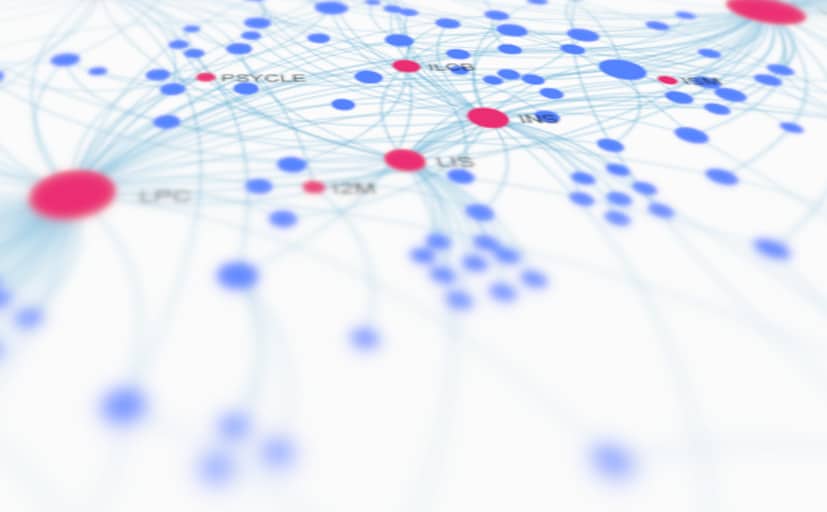
FEATURED PUBLICATIONS
Speaking to a common tune: Betweenspeaker convergence in voice fundamental frequency in a joint speech production task Vincent Aubanel, Noël Nguyen
2020 PLOS/ONE
read more >>
Learning to Read and Dyslexia: From Theory to Intervention Through Personalized Computational Models Johannes C. Ziegler, Conrad Perry, Marco Zorzi
2020 Current Directions in Psychological Science
read more >>
Error-based learning and lexical competition in word production: Evidence from multilingual naming Elin Runnqvist, Kristof Strijkers, Albert Costa
2019 PLOS/ONE
read more >>
Constraints on the lexicons of human languages have cognitive roots present in baboons (Papio papio) Emmanuel Chemla, Isabelle Dautriche, Brian Buccola, and Joël Fagot.
2019 PNAS
read more >>
High-fidelity copying is not necessarily the key to cumulative cultural evolution: a study in monkeys and children Carmen Saldana, Joël Fagot, Simon Kirby, Kenny Smith, Nicolas Claidière
2019 Proceedings of the royal society B
read more >>
Bringing together experts in linguistics, neuroscience, psychology, medicine and computer science to understand and to model the way that language functions.
The objective is to create a generic model of the processing of language and its cerebral bases.
SUMMER SCHOOL
The 3d Edition of the ILCB Summer School offers Introductory, Intermerdiate and Advanced Classes in four core fields of Cognitive Science, reflecting the expertise of the Institute.
read more >>
PhD PROGRAM
An interdisciplinary focus on language research, with interdisciplinary theory and practice trainings at basic and advanced level courses in all relevant disciplines.
read more >>
MASTER
The MaSCo, a new MA in Cognitive Science, provides an advanced scientific curriculum on human cognition, as well as a technological and methodological expertise in evaluation, analysis and modeling of cognitive processes.
read more >>
TRAINING
Advanced trainings are offered to the ILCB members
read more >>
Recent
news and events
Upcoming Events Loop
It seems we can’t find what you’re looking for. Perhaps searching can help.
Post Loop
Une syntaxe domaine-général utile à la motricité et au langage : exploration des effets d’imbrication syntaxique
Marie-Hélène Grosbras, Marie Montant & Raphaël Py (CRPN)
Journée d’étude doctorale « L’humain au centre des expériences sensorielles »
Salomé Sudre et al. (PRISM)
BrainHack Marseille 2026
Christelle Zielinski (LPL), Manuel Mercier (INS) & Matthieu Gilson (INT)
Colloque OPM 2025 — « optically pumped magnetometers »
Christian Bénar, Jean-Michel Badier & Victor Lopez-Madrona (INS)
Conférence PracticalMEEG 2025
Anne-Sophie Dubarry (CRPN), Clément François & Christelle Zielinski (LPL)
Sulcal Patterns Linked to Reading and Writing Skills
The folding patterns of various sulci were measured in structural MRI scans from children (ages 8–11) and adults (ages 20–40). In both groups, variations in the occipito-temporal sulcus were associated with reading and writing scores. Also in both groups, asymmetry of the anterior cinculate cortex was specifically linked to graphomotor performance, highlighting the role of […]
20-Month-Olds Can Use Negative Evidence While Learning Word Meanings
Alex De Carvalho, and Isabelle Dautriche 2025. Cognition 262:106171. — @HAL
Production of Phonotactically Legal and Illegal Pseudowords
MEG-GLOUPS a curated dataset of raw magneto-encephalography (MEG) recordings from French speakers completing a pseudo-word learning task, along with resting-state recordings before and after the task. The seventeen participants pronounced visually and auditorily presented pseudo-words that followed or violated French phonotactic rules. The dataset adheres to the Brain Imaging Data Structure (BIDS) standard and includes […]
Effects of Daily Creative Writing Practice at School on the Cognitive Development of Children from Disadvantaged Socio-Economic Backgrounds
Cédric Hubert, Nathalie Bonnardel, and Aline Frey. 2025. Thinking Skills and Creativity, 58 :101881 — @HAL
The Role of Social and Emotional Experience in Representing Abstract Words
Daria Goriachun, Kristof Strijkers, Núria Gala, and Johannes C. Ziegler. 2025. Journal of Experimental Psychology: General, May. — @HAL

